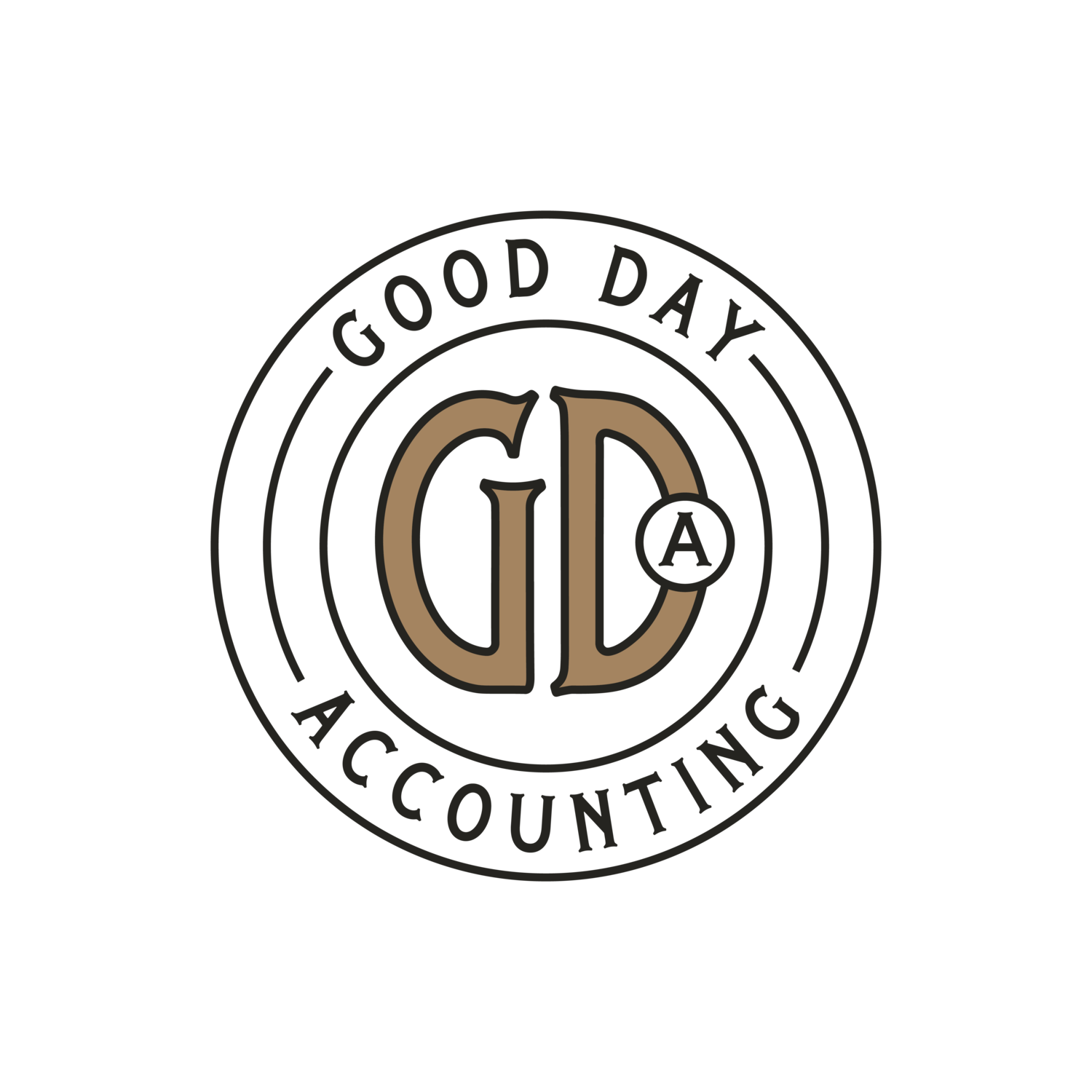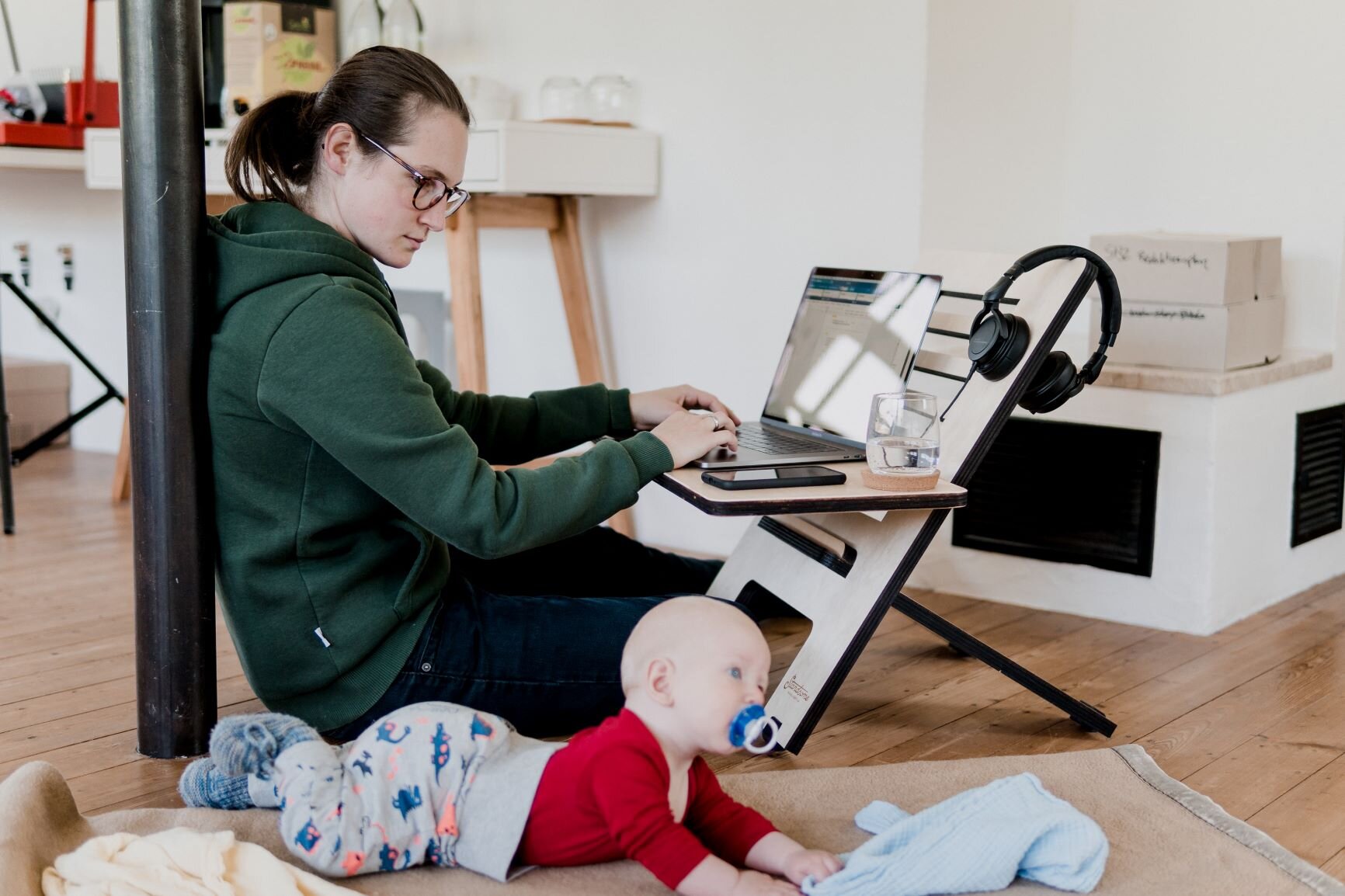Home Sweet HomeOffice: Part 2
The Bottom Line:
The Self-Employed/ Small Biz Owner/ Gig worker can deduct!
Philly Employees working @ home elsewhere: #nowagetax4u
Home Office Deduction Commandments for All:
1. Regular/Exclusive Business Use
2. Percentages & Beautiful Records
3. What does my accountant need
Home Sweet HomeOffice: Part 2
Previously we talked Sweet Home AlaOffices re remote employees — we’ve got one more Phun #taxfact for Philly employees and then this week we’re chatting re the self-employed, gig workers, small biz owners, entrepreneurs and the Home Office Deduction.
Phila Employees @ Home: Wage Tax is #No!
Quick Fun Employee 2020 #taxfact:
If you work in Philly but live elsewhere: you do *not* need to have paid Philly's steep 3.4481% wage tax for the time you were required to work @ home!
Employers might have automatically stopped withholding; if they didn’t, you can apply for a refund here. Caveat: you’ll need your boss’s sig, you may need to pay your own community, and you cannot be refunded if you *chose* to work from home.
The Home Sweet Home Office Deduction
Lengthy Fun Self-Employed 2020 Home Office #taxfacts:
Small business owners & 1099-ers may qualify in a few different ways to deduct home office expenses. Shockingly readable Pub 587 (& its glorious addenda) break down “home office deduction” and so will we:
What might qualify your house, apt, RV, flatboat, geodesic dome:
1.Regular and exclusive business use: So: personal laptop in the bathtub zeroing your inbox 2c/week?: #no. Mudroom-turned-home office containing solely business items?: #yes!
2. Principal place of your business: It doesn’t have to be your *only* office, but must be used ^^"exclusively/regularly" as a place to meet/deal with clients. So: binging new drama in which protagonist works in your trade while crying into your lunchwine?: #no. Meeting your architecture clients in your yard yurt (virtually or in-person) 3 days/week?: #yes!
Separate structure (shed, etc)?: still #yes! Off-site admin (ie, outsourced bookkeeping)?: still #yes!
You won’t need to meet the “exclusive” requirements if you are storing inventory/product samples/etc or if you run a DayCare center (these are nuanced, esp DayCare, so if it you definitely Phone A Friend...ly neighborhood accountant).
What is deductible?
The home office deduction isn’t talking re obvious biz expense-- ie computer, printer, office supplies, Ancient Folk Ghost Fax Machine, headphones, sparkle pen for closings-- you still need to keep Beautiful Records * (*see later) of these but can frequently deduct them.
These are expenses of maintaining a home structure, a percentage of which now maintain your business: mortgage, rent, utilities, insurance, security systems, long-distance call fees or a solely business phone line, repairs, depreciation.
Expenses can be deductible directly (in full, as they are used solely for business area) or indirectly (partially, based on the percentage of your home used for business).
Speak to me softly of this “Business Percentage”:
The size of your home as compared to the size of the area used solely for business is the "business percentage"—you can do this via square footage or by # of rooms (if all rooms = same size).
Why should I!
Well - deduction is determined in two ways: either the “simplified method,” wherein you/your friendly neighborhood financial professional will “multiply a prescribed rate by the allowable square footage of the office in lieu of determining actual expenses” – or, by using the actual expenses.
Should I look toward Simplified or Actual Expenses? Simple: the one that will both optimize your situation and won’t drive you batsh&t re record-keeping. And home sales – if you might sell a home, consult with your financial professional re what using the Actual Expenses method might mean later re kooky words like “avoiding capital gains tax” & “depreciation.”
How to Help Your Accountant Help You
What an accountant will need:
Your gross income: this is key, as expenses > gross income = hard #No
The Business Percentage of your home,
Exactly what date you began using your home for business.
Fair Market Value of your home then & now
Cost of repairs & improvments, as “Repairs” are deductible & “Permanent Improvements” aren’t (ie, repairing the roof = #yes, replacing the roof = #no),
Aaaaaaaand:
Records: the Most Prepossessing Records always include: 1. physical documentation: receipts, cancelled checks, etc. (pictures do count) and 2. written documentation: accounting book or journal to tie receipts to bidness. Proof of expense (like a line on a credit card statement) is NOT proof of eligibility so keep your receipts as much as possible.
Have a designated space for regular business use, mind your percentages, keep Lovely Records, tune in the next few weeks for more Exciting Expenses Elaboration, and you’re sure to have a Good Day!







